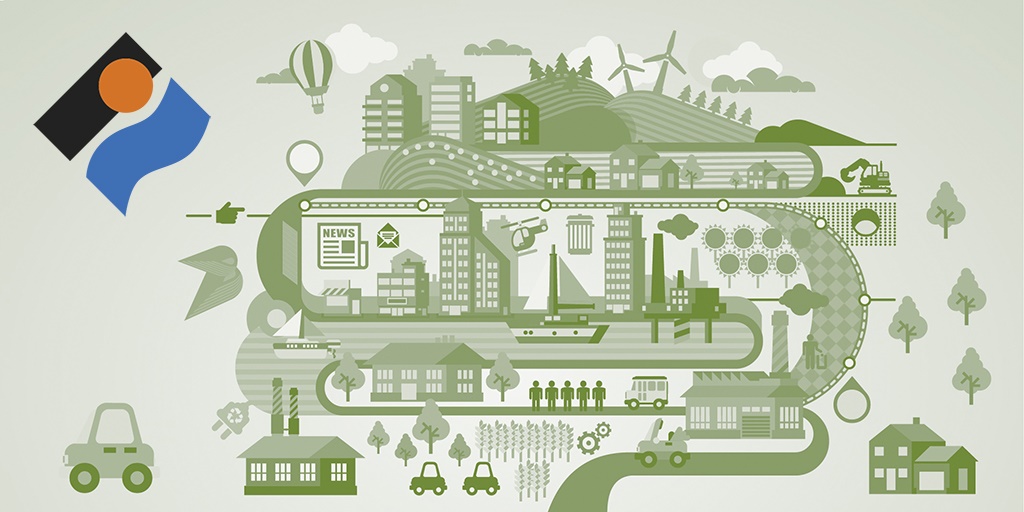Aware of the ecological footprint left by mobility and transport, at CILSA – the management company of the ZAL Port – we work to achieve a more sustainable mobility.
According to 2019 data, the traffic density in the ZAL Port was 518,377 vehicles/month, which represents 6,220,524 vehicles/year. Of these, 19.41% were heavy vehicles (trucks) and 80.51%, light vehicles (private vehicles). Our main objective is to reduce the traffic of private vehicles that access the logistics community facilities, guaranteeing sustainable mobility alternatives.
To achieve this, we participate actively and permanently in the Environmental Quality Working Group of the Barcelona Port Authority and we are one of the promoters of the Delta del Llobregat Mobility Table. Thanks to the work done with different administrations, we offer mobility alternatives so that people can reach their workplace with a minimum environmental impact:
- Public transport. We promote its use with three direct bus lines (88, 110, PR4). In addition, soon, line 10 of the metro will reach the ZAL Port.
- Electric vehicle. We promote its use with the installation of chargers.
- Personal mobility vehicles. Construction of a special lane for new personal mobility systems (bike, scooter…). The new infrastructures, that are scheduled to start throughout this year, include a series of improvements that will increase security in some critical points in the accesses to the ZAL Port. In addition, they will give continuity to sustainable routes that until now ended at the beginning of the logistics park.
Despite the unquestionable personal and environmental benefits of using a bicycle, a scooter or other similar mobility systems, an increase in the number of accidents has been observed. For this reason, the improvement of traffic and pedestrian accesses and the fitting of these new mobility systems in a context where heavy vehicles are very significant is our priority. At CILSA we are committed to adapt segregated spaces that guarantee safe paths for smaller personal vehicles.
In parallel, we act to reduce CO2 emissions caused by vehicles. We work with the Port of Barcelona on digital tools for analysis and optimization of traffic. A better organization that reduces congestion.
Finally, committed to reduce the environmental impact on the organization, since few months ago all the ZAL Port vehicles – cleaning, maintenance, etc. – are electric. Ultimately, a series of actions aimed to reduce CO2 emissions and achieve the Sustainable Development Goals.
 [+34] 93 552 58 26
[+34] 93 552 58 26 sac@zalport.com
sac@zalport.com Av. Ports d'Europa 100, Planta 0, 08040. Barcelona
Av. Ports d'Europa 100, Planta 0, 08040. Barcelona






